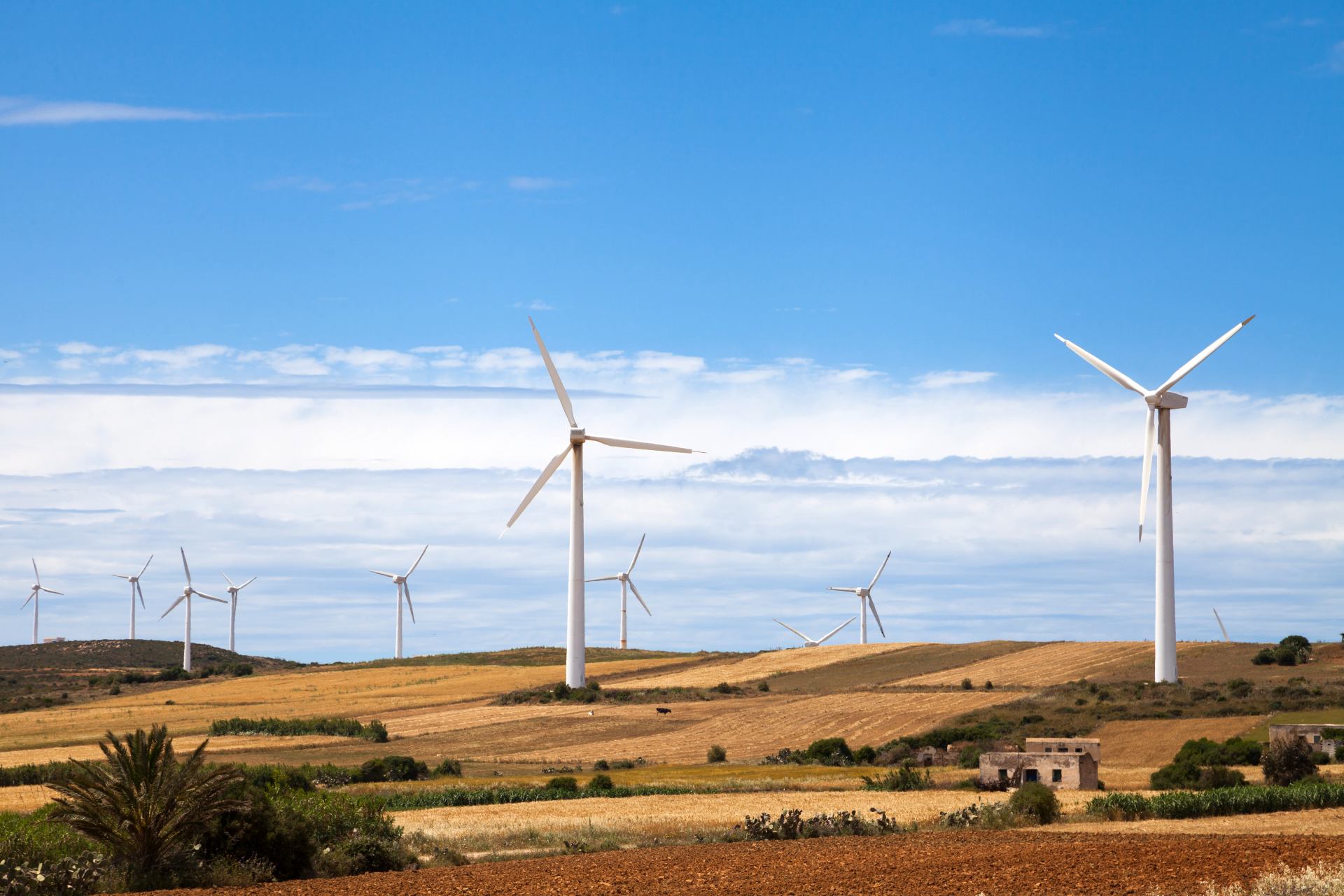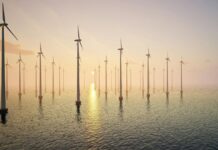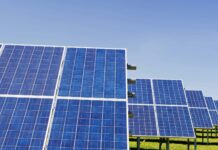Alok Sharma, Boris Johnson, and Liz Truss are among a growing number of MPs rallying to lift the ban for onshore windfarms. The shift comes after an amendment by Simon Clarke to the Levelling Up and Regeneration Bill was tabled last week (25 November).
Now, more than 20 Conservative MPs are backing the bid. Once a bill has been tabled by one House, it must then go back to the other House for consideration and can be followed by some back-and-forth exchanges. Both parties must agree on the final wording of the bill. If successful, the approved amendment will result in the government changing its ruling for onshore farms within six months of the bill passing into law.
Tightening of restrictions under past Prime Minister David Cameron has limited progression in onshore windfarm planning since 2013. Stringent restraints have made it difficult to enforce or create new developments. Previous .
Hoping to break into a new era, Clarke said that the Levelling Up amendment would promote a “pro-growth, pro-green policy at a time when we need both.”
This comes at a vital time for the UK since the government published a new Energy Security Strategy in the spring. The Strategy announced that it would increase its target to delivering 50GW of offshore wind capacity but 2030, saying that “the UK will be the Saudi Arabia of wind power.” It also pledges that 95% of Britain’s electricity generation would be from low-carbon sources by 2030, up to 100% by 2035. Onshore wind components could become key to achieving these targets.
Impacts of onshore wind on local communities
While it remains one of the cheapest sources of renewable energy, onshore wind has been a contentious issue in the UK. The large structures of wind turbines have been found disruptive by some communities, and Clarke has stated that, should the amendment come to fruition, construction moving forward needs to be done with local communities in mind:
“Whether or not to proceed with onshore wind [development] is a decision that should be made by local communities, rather than top-down from Westminster. It is the cheapest form of energy generation bar none. It will boost our energy security, help us on the path to net-zero and ease the cost-of-living squeeze just when we need it most.”
Onshore wind is still being pushed as necessary for stabilising the UK’s energy independence. Alok Sharma, president of COP26 and former business secretary, tweeted that “Faster deployment of renewables, inc. onshore wind, is needed to deliver on the UK’s 2035, 100% clean electricity target.”
Putin’s illegal and brutal war in Ukraine has reinforced that climate & environmental security are totally interlinked with energy and national security
Faster deployment of renewables, inc onshore wind, is needed to deliver on the UK’s 2035, 100% clean electricity target
3/3
— Alok Sharma (@AlokSharma_RDG) November 26, 2022
Rishi Sunak is now being put to the test since withdrawing the levelling up measure from a legislative vote on housing policy earlier in the year. Had he not, 50 Conservative MPs threatened to rebel.
The bill is expected to be debated next month.















